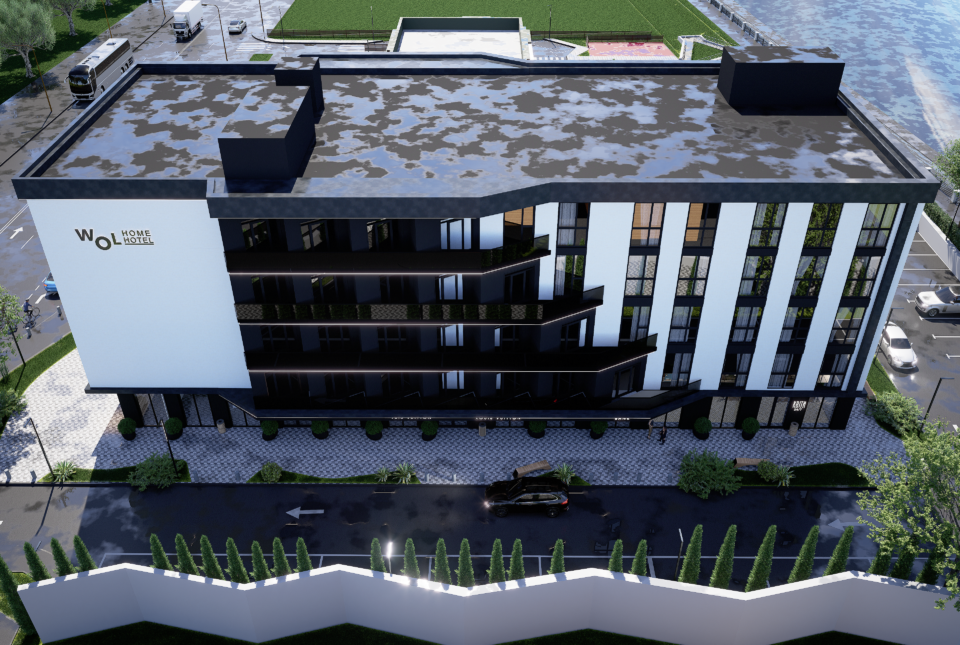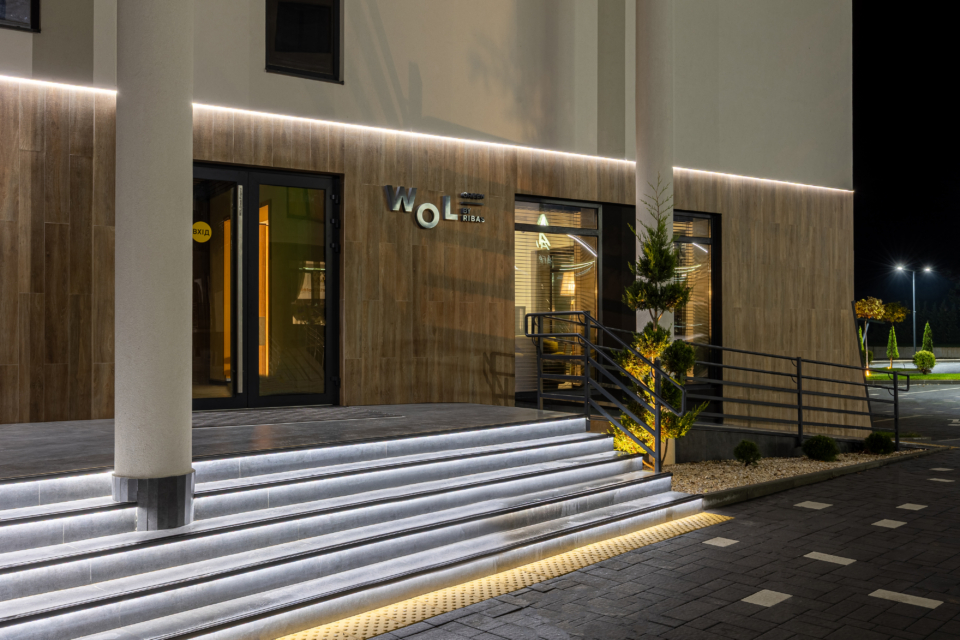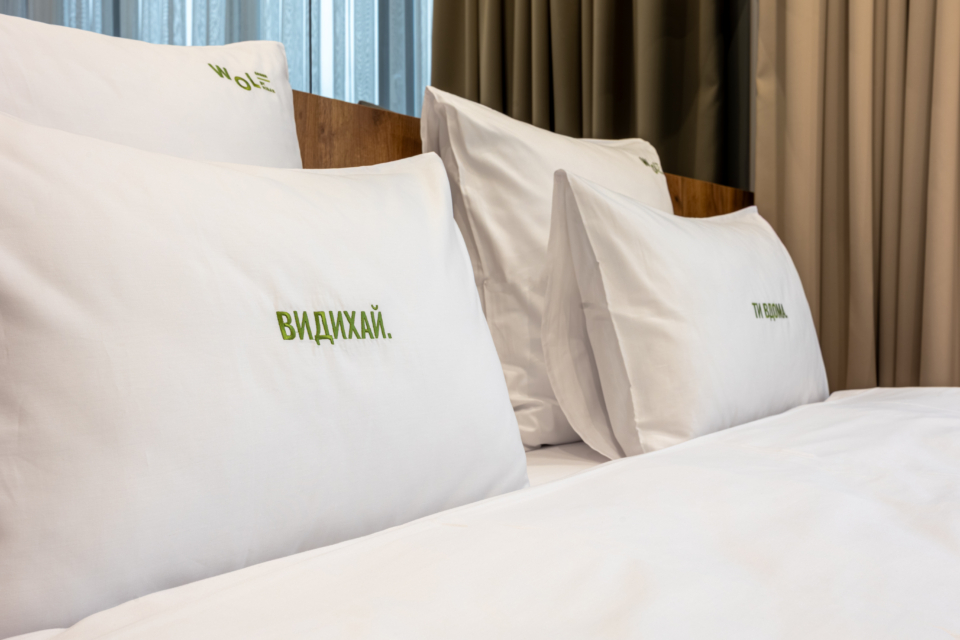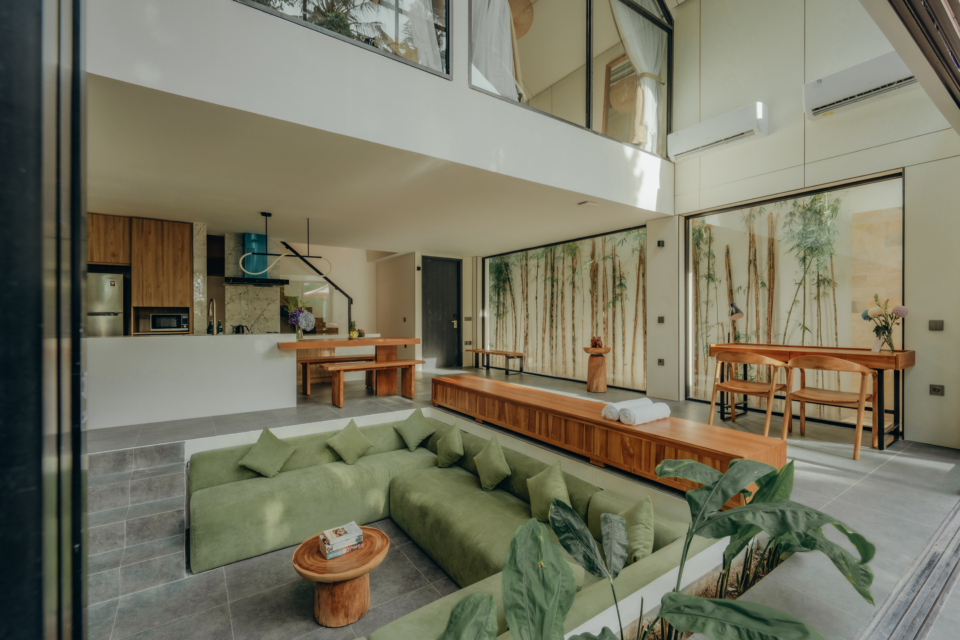Optimization of service business during war: how to survive?

Author: Andriy Marenchuk, executive director of Ribas Hotels Group
During the full-scale war in the country, the service business suffered huge losses. Thus, especially at its beginning, people were only interested in preserving their lives. Now the panic has subsided in some way and business has started to recover in some regions. However, the management strategy that worked until February 24 is currently inactive. For many companies, the most effective and affordable way to update it is to optimize business processes.

Andriy Marenchuk, executive director of Ribas Hotels Groupp
The main challenges faced by service business owners after the start of the war
- Ensuring security. When the war started, people began to move en masse to the west of the country, where it was relatively safer (during the war, the entire territory of Ukraine was in danger). This is exactly what hotels in the west of Ukraine were selling. Then people needed only food and peace. We at the Ribas Hotels network have now switched to individual rates for each guest, and have even developed monthly offers.
- Lack of guests. At the beginning of the full-scale war, it was not clear why people would now travel or go to restaurants. For example, in Odesa, the service business now works, but there are significantly fewer people than before the war. If earlier hundreds of thousands of people came to the city, now it is 10% of last year’s flow.
- Preservation of the team. The worst thing for hotels and restaurants is that it is impossible to predict anything in such conditions. At that time, we decided for ourselves that we should continue to work where there is an opportunity to work relatively safely. And, first of all, because of the preservation of the team and its support.
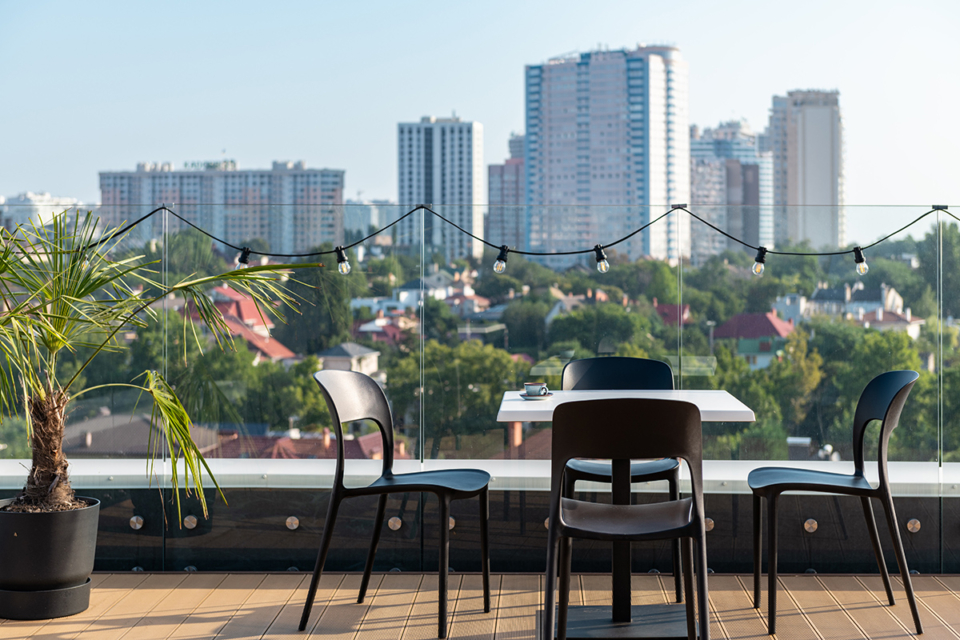
In the photo: Hotel WOL.121 (Odesa)
How to optimize the main processes in the company during the war?
- Develop different work plans. If earlier you had one plan, now you need to develop four: optimistic, pessimistic, realistic and your actions in case of the worst situation. Accordingly, it is necessary to calculate costs under conditions of different occupancy levels. It is also necessary to conduct daily control and analyze the costs and revenues of the enterprise.
- Be open with the team and propose an updated system of work. It is necessary to organize the work so that your expenses depend on the occupancy. As an option, agree with the staff to pay him for the amount of work done. For example, in hotels, maids are paid for the number of cleaned rooms per day; as well as waiters in a restaurant – hourly or in shifts. It is necessary to openly chat with the team that within the limits of martial law you are opening, not knowing what will happen tomorrow. To say that there is an opportunity to work today, but to explain that you cannot guarantee constant payments, as it was before. Therefore, in our hotels, managers now plan the number of employees for the next day in the evening. They analyze the occupancy and understand what staff is needed for tomorrow.
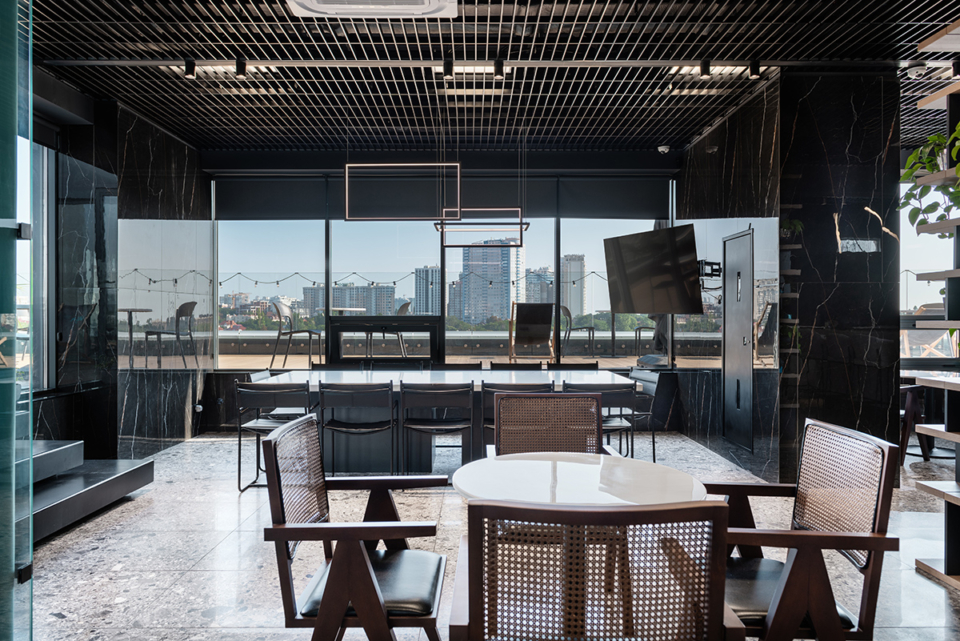
In the photo: Hotel WOL.121 (Odesa)
- Do not limit the number of employees. This is a service issue. Today, guests are ready to receive fewer services, but under the condition of unchanged quality. For example, there are some three-star hotels in which, during martial law, the reception is open only until 11:00 p.m. However, when the curfew begins, a guard remains in the hotel, performing certain administrative functions.
- Reduce the number of services. For example, if a SPA was included in the room rate at a five-star hotel, guests can be offered not to use this service. Limit it and change tariffs. Or if it is a city hotel and now people do not need the SPA in a constant volume, then you can limit its working hours. The solution for restaurants is to optimize the menu. Today, some establishments are halving or tripling the number of items just to limit warehouse costs and the number of staff to prepare these dishes. That is, it is worth continuing to feed guests, provide them with service, but in a limited version.
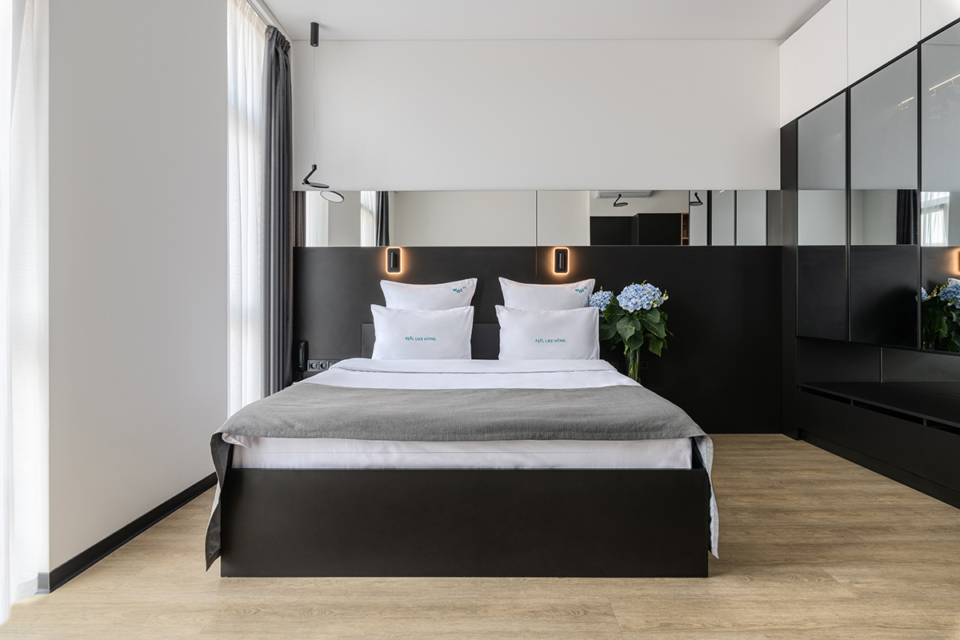
In the photo: Hotel WOL.121 (Odesa)
- Strengthening of corporate direction (for hotels). Currently, many international organizations are moving to Ukraine to help. There is also a business that relocates. They are all looking for housing. You can negotiate special rates with them and have regular guests and stable occupancy. For example, we are currently negotiating with an IT company that wants to fully rent the Ribas Rooms Odesa hotel (formerly Bossfor by Ribas), but it offers 8,000 hryvnias per month for one room. If we were offered this last year, it would be extremely unprofitable. However, given the situation, it is necessary to be more flexible.
- Do not forget about marketing. The marketing budget is something that definitely cannot be reduced during a crisis. Although 99% of hoteliers and restaurateurs think about its reduction in difficult times for business. It is worth understanding that it directly affects your income. For example, situational marketing is especially relevant today. And in Ukraine, there are many cases of companies that increased brand recognition thanks to timely and high-quality response to a certain event.
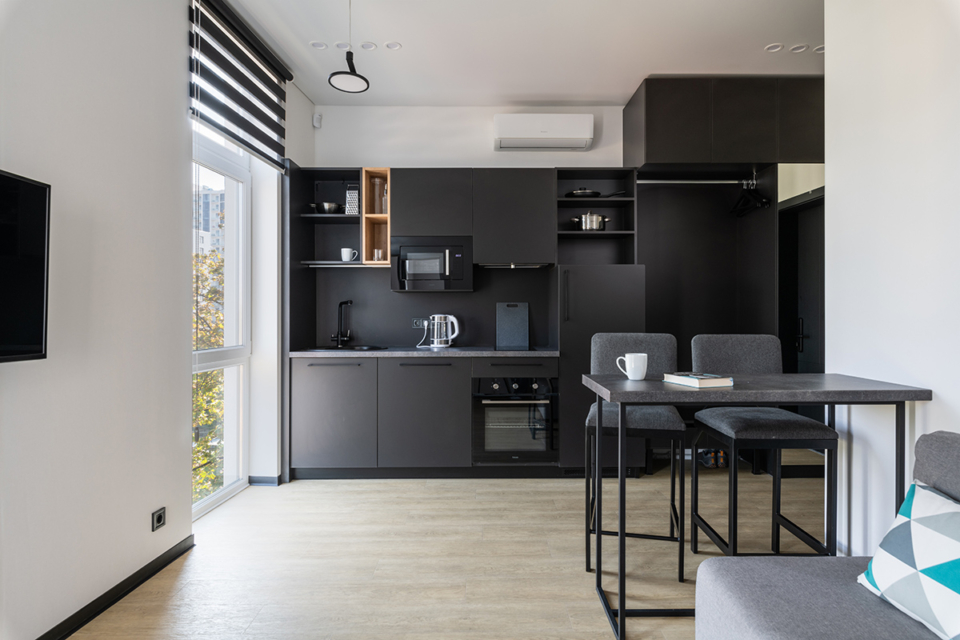
In the photo: Hotel WOL.121 (Odesa)
What should not be done now is to put business on hold and wait for better times. In general, waiting for a certain event is ineffective in modern realities, where it is difficult to predict anything. Therefore, it is necessary to look for new approaches to optimizing processes and continue to work, pay taxes and develop Ukrainian business.
Subscribe to our blog to follow the hospitality market!




